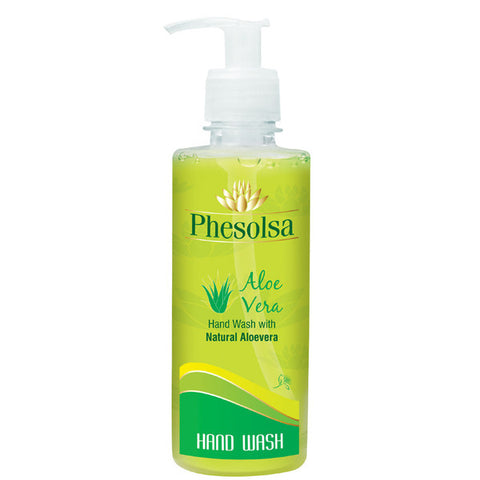
Image Source: Myhealthytennessee
The main purpose of washing the hands is to free them from any pathogens, chemicals and dirt which may lead to diseases or personal harm. Hand washing is important not only for people who are handling food or who are working in environments which oblige them to wash their hands later but, also for the general public.
- Why Wash Your Hands
Contaminated hands may carry various diseases including gastrointestinal infections like salmonella and respiratory infections like influenza. Some forms of these diseases may even become complicated in children, elderly people or in those who have a weak immune system. By washing your hands, you ensure that you are neither acquiring nor spreading the bacterial and viral germs which are the causes of these diseases.
The simple act of washing hands saves us from many diseases – airborne like chickenpox, influenza, measles and tuberculosis, diseases which may be transferred through fecal-oral routes like gastroenteritis or diseases transmitted through physical contact like impetigo.
- Washing hands helps to minimize the spreading of influenza.
- It helps to prevent diarrhea.
- Hand washing prevents the spread of respiratory infections.
- It is also a preventive measure for infant deaths during deliveries at home.
- The healthy practice of hand washing has been shown to result in small improvement in the length growth of children who are under five years old.
- Washing Your Hands
Though washing your hands is the number one way of protecting yourself against many diseases, using an antimicrobial soap for the purpose is not compulsory. In fact, those who are using them are prone to runny noses, coughs, fever, vomiting, sore throats, diarrhea and symptoms of other diseases just as often as others who are using regular soaps for washing their hands due to the fact that most of these diseases are viral which the antimicrobial soaps are unable to kill.
- Use warm running water to wash your hands ensuring that it is not too hot for your children’s hands. Although warm water itself is not enough to kill bacteria, but warm soapy water has more effect than cold soapy water.
- Take off rings and watches if possible before you start washing your hands as the area under them may contain germs which have to be washed off also.
- Using any soap lather your hands up to the wrist for about 20 seconds.
- Take care to wash in between your fingers, the back of your hands, your nails and your wrists.
- Rinse your hands and use a clean towel to dry them. You can also air dry them.
- When you are in a public place, use a paper towel to open the door to protect yourself from the germs on the door.
- When to Wash Your Hands
Hand washing is important, especially for children who are going to school and more specifically before or after certain activities to reduce the risk of becoming sick. Ensure that you and your family members wash their hands during various activities, including:
- While preparing meals
- Every time before and after meals
- After using the toilet or changing diapers
- After helping anyone who is sick
- Before and after helping someone with cut injuries
- After coughing or sneezing and also after blowing your nose
- After touching any animal, its food, toys or leashes
- After handling or touching garbage or any contaminated waste
An important aspect of hand hygiene, washing hands is one habit all parents need to ingrain into the minds of their children. It is the foremost defense against the acquisition and also the spreading of any infectious disease. Click here to know more about cleaning and washing your hands to protect yourself against diseases.






